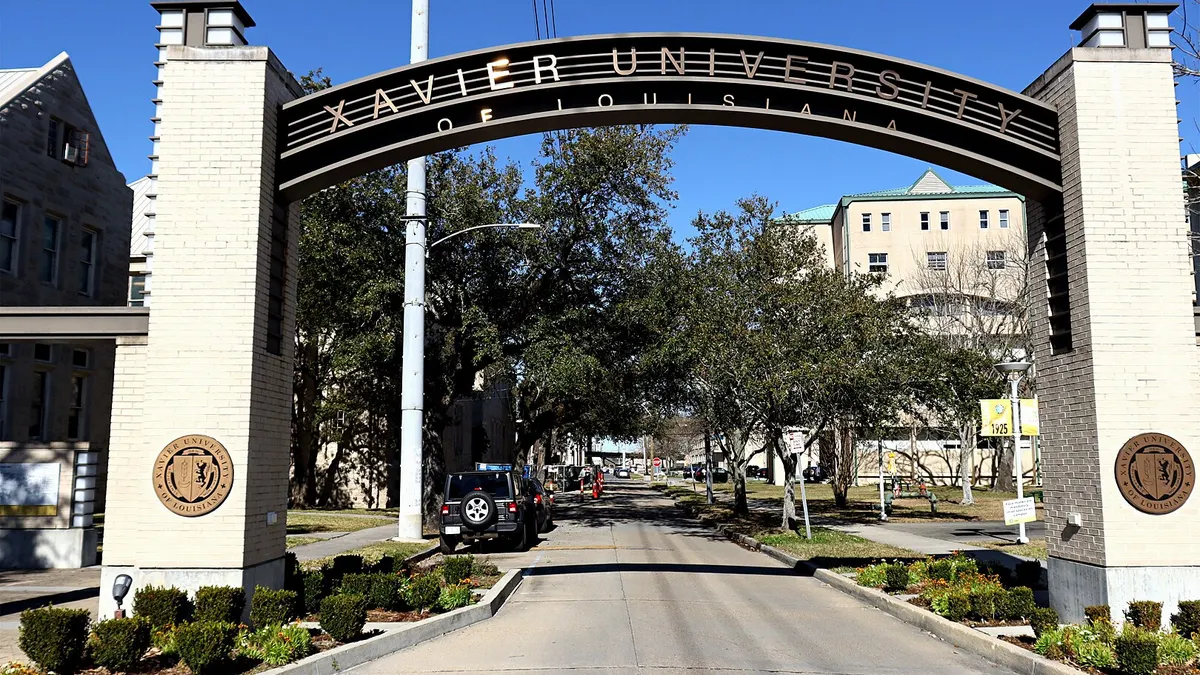Dive Brief:
- Bunker Hill Community College has added a new twist in its approach to learning communities: Officials are focusing their efforts on part-time students. Leaders are working to give part-time students more elements of a traditional college experience to help boost low retention rates among the population, according to an article published by the Center for American Progress.
- The center reports that across all college types, only 37% of students who attend part time for any part of their college tenure earn a degree within six years; at community colleges, three in four students attend part time. However, part-time students who participate in any of Bunker Hill's learning communities are 7% more likely to graduate and full-time students are 6% more likely to graduate, data show. Data also indicate that there may be more benefits for students of color, who are more likely to enroll part time.
- Many of the learning communities include some remedial elements to provide a boost to students who are less academically prepared. Learning community formats at Bunker Hill vary from a seminar class to cluster scheduling, which enrolls a group of students in two classes together each semester to help boost interaction.
Dive Insight:
Focusing on urging part-time students to take more credit hours per semester to get to completion faster has been the primary tactic used to boost graduation rates among the group; however, the Center for American Progress article points out this simply is not possible for some students. But finding ways to build community and a sense of belonging and attachment for all students is key to their success on campus. This is particularly an issue for low-income learners and students of color, who may already face mental hurdles about whether they even belong in college or on a campus where they feel they're in the severe minority.
A recent EAB report found that providing better support to part-time students would result in a 13% decline in the achievement gap between black students and their white counterparts and a 7% gap between Hispanic students and their white counterparts. Focusing only on full-time students would yield only a 1% to 5% decline. Furthermore, the report said discussions around academic pathways focus on full-time course loads, and they often don't consider the scheduling needs of adults with other responsibilities.
On some campuses, learning communities take the form of living spaces grouped around common interests, but Bunker Hill is showing similar impact can be achieved by offering perhaps one or two extra classes around subjects that interest students per semester, or by simply making sure students see the same faces in multiple classes to help breed familiarity and collegiality.








